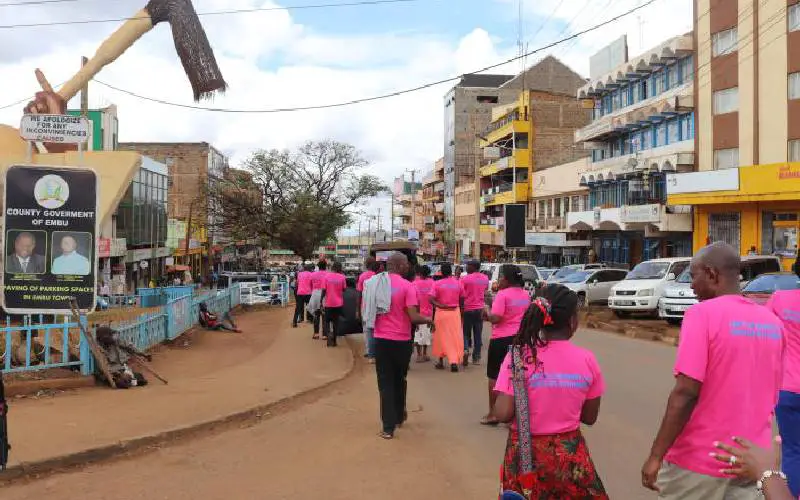Imagine strolling through a vibrant town nestled in the heart of Kenya’s breathtaking landscapes. With a rich cultural heritage and a bustling atmosphere, Embu Town offers a truly authentic experience that will captivate your senses. Explore its charming streets lined with vibrant markets, sample the delicious local cuisine, and immerse yourself in the warmth and friendliness of the locals. Embu Town is a hidden gem waiting to be discovered, offering a glimpse into the exciting and diverse world of Kenyan culture.
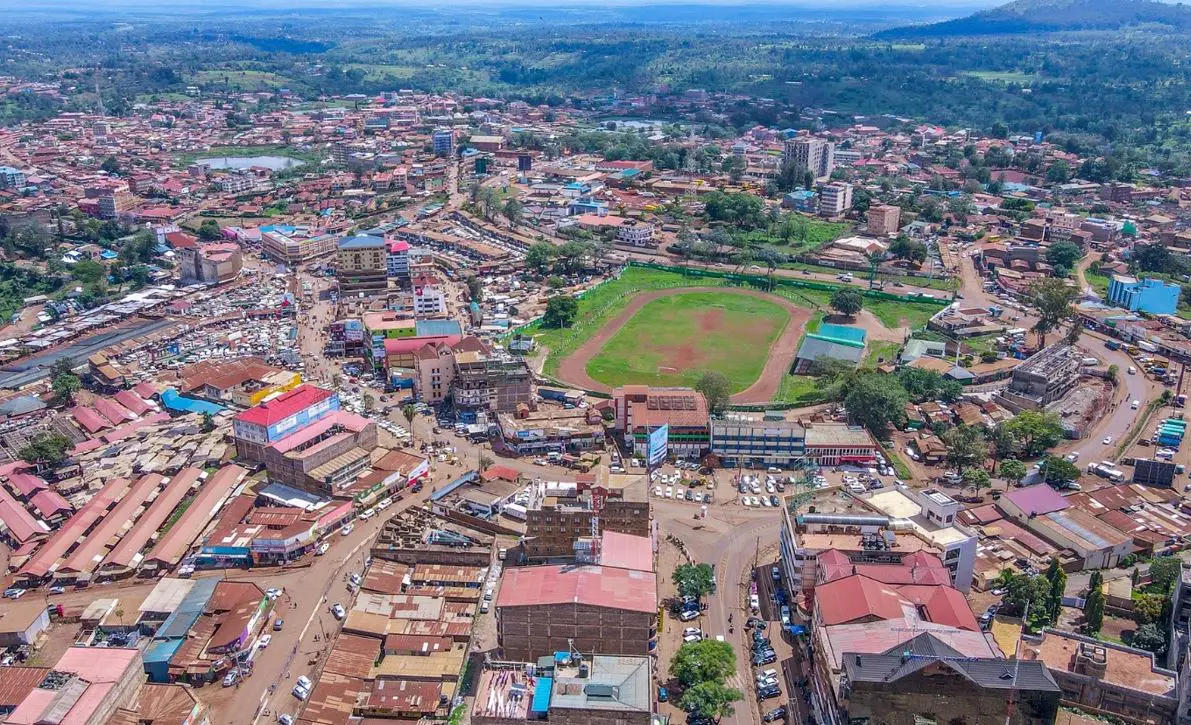
Location and History
Geographical location
Embu Town is located in the eastern part of Kenya, nestled in the slopes of Mount Kenya. It is situated approximately 120 kilometers northeast of Nairobi, the capital city of Kenya. The town is strategically positioned at an elevation of about 1,350 meters above sea level, making it an ideal place for agricultural activities.
Historical background
The history of Embu Town dates back to the early 19th century when the area was inhabited by the Embu people, who are part of the larger Eastern Bantu ethnic group. The town initially served as a trading center, attracting merchants from neighboring communities who engaged in barter trade. Over time, Embu Town developed into a vibrant hub and played a key role in the region’s economic growth.
Population and Demographics
Population size
As of the most recent census, Embu Town has a population of approximately 70,000 residents. The population has steadily grown over the years due to factors such as rural-urban migration and the town’s thriving economic activities.
Ethnic composition
The town is predominantly inhabited by the Embu people, who form the majority ethnic group. Additionally, there is a significant presence of other ethnic communities, including the Kikuyu, Meru, and Kamba. This diversity fosters cultural exchange and contributes to the town’s vibrant social fabric.
Religious diversity
Embu Town is characterized by religious diversity, with various faiths represented within the community. The major religions practiced in the town include Christianity, Islam, and traditional African religions. Places of worship, such as churches, mosques, and temples, can be found throughout the town, catering to the spiritual needs of the residents.
Infrastructure and Facilities
Transportation
Embu Town benefits from a well-developed transportation network. The town is connected to major roads that link it to Nairobi and other nearby towns. Public transportation, including buses and matatus (minivans), is readily available, ensuring convenient movement within and beyond Embu Town. Additionally, the town has a functioning railway station, providing an alternative mode of transportation.
Healthcare
The healthcare system in Embu Town is robust, with several healthcare facilities offering a wide range of medical services. The town has a modern referral hospital, equipped with state-of-the-art medical equipment and staffed by highly trained healthcare professionals. Additionally, there are numerous health clinics and private medical centers, ensuring accessible healthcare for all residents.
Education
Education is highly valued in Embu Town, and the town boasts a number of schools and educational institutions. There are primary schools, secondary schools, and vocational training centers spread across the town, providing quality education to the residents. For higher education, there are universities and colleges offering various academic programs, enabling students to pursue their educational aspirations.
Recreation
Embu Town offers a plethora of recreational activities for its residents. The town has well-maintained parks and green spaces where families and friends can gather for picnics and leisurely walks. Additionally, sporting facilities such as stadiums, gyms, and swimming pools cater to the recreational needs of sports enthusiasts. The town also hosts various cultural events and festivals that showcase the rich heritage of the community.
Economic Activities
Agriculture
Agriculture forms the backbone of the economy in Embu Town. The region’s fertile soil and favorable climate support the cultivation of a wide range of crops, including coffee, tea, maize, and potatoes. Additionally, farmers engage in horticultural activities, growing fruits and vegetables for both local consumption and export. The agricultural sector provides livelihoods for a significant proportion of the population.
Business and commerce
Embu Town has a thriving business and commercial sector. The town is home to numerous enterprises, including small-scale businesses and larger companies. The vibrant marketplaces in the town attract traders from nearby villages, further enhancing commercial activities. Additionally, Embu Town has modern shopping malls, supermarkets, and retail outlets, meeting the diverse needs of the residents.
Manufacturing
The manufacturing industry in Embu Town has experienced significant growth in recent years. The town hosts various factories and processing plants, particularly in the agricultural sector. Coffee and tea processing plants are prominent in the area, contributing to the economy and creating employment opportunities for the local population. The manufacturing sector continues to expand, driving economic development in the town.
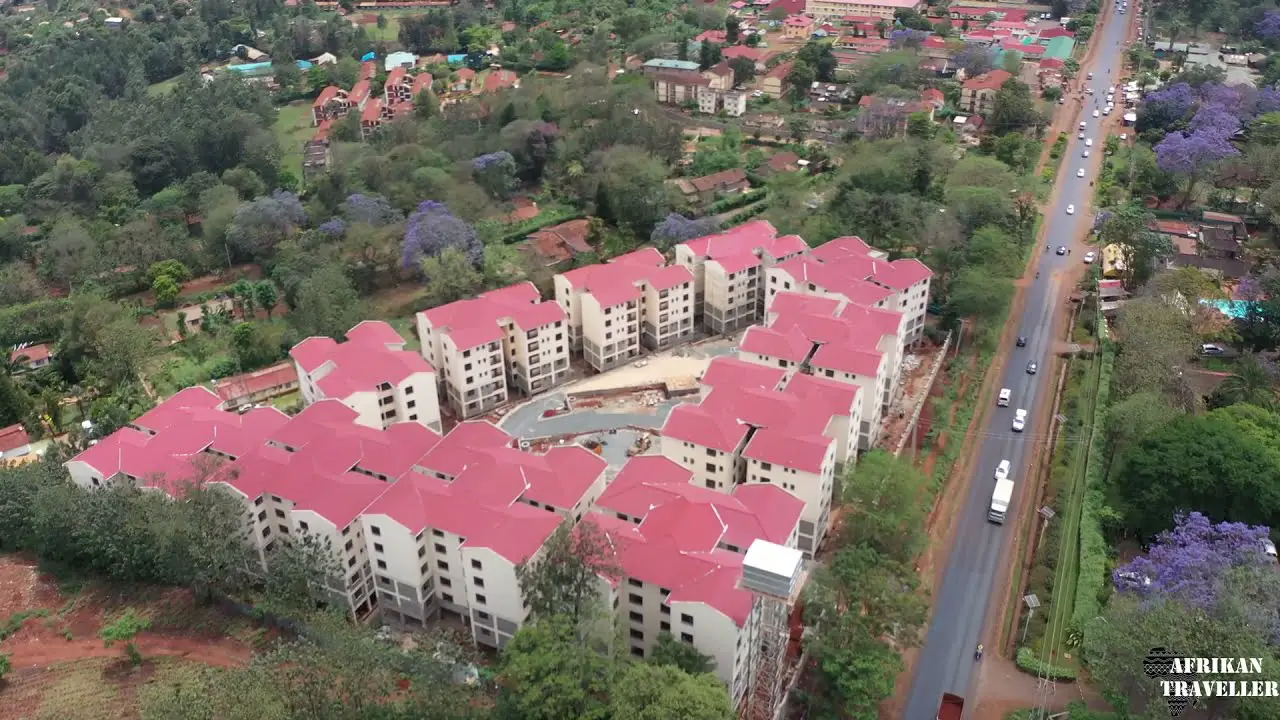
Tourism and Attractions
Historical sites
Embu Town boasts a rich historical heritage, with several historical sites attracting tourists and history enthusiasts. Visitors can explore the Mwea Fort, which played a pivotal role during the colonial era. The fort offers insights into the town’s past and showcases artifacts from that time. Moreover, the town has preserved traditional Embu homesteads that allow visitors to experience the cultural practices and traditions of the Embu people.
Natural beauty
The natural beauty surrounding Embu Town is awe-inspiring. The town is blessed with lush green landscapes, rolling hills, and picturesque scenery. The proximity to Mount Kenya offers opportunities for hiking and mountain climbing, providing adventure seekers with thrilling experiences. The town’s rivers and waterfalls are perfect spots for nature lovers to relax and enjoy the serene surroundings.
Cultural events
Embu Town thrives on its rich cultural traditions, which are celebrated through various cultural events and festivals held throughout the year. The town hosts the Embu Cultural Festival, where the community showcases its traditional dances, music, and crafts. This festival attracts visitors from far and wide, fostering cultural exchange and appreciation among different communities.
Local Administration
Local government structure
Embu Town is governed by a local administration made up of elected officials who oversee the delivery of services and the implementation of development projects. The local government plays a crucial role in maintaining order, promoting social cohesion, and ensuring the well-being of its residents.
Municipal services
The local administration in Embu Town is committed to providing essential services to the residents. These services include waste management, water and sanitation, public safety, and urban planning. Efforts are continuously made to improve the delivery of these services and meet the evolving needs of the growing population.
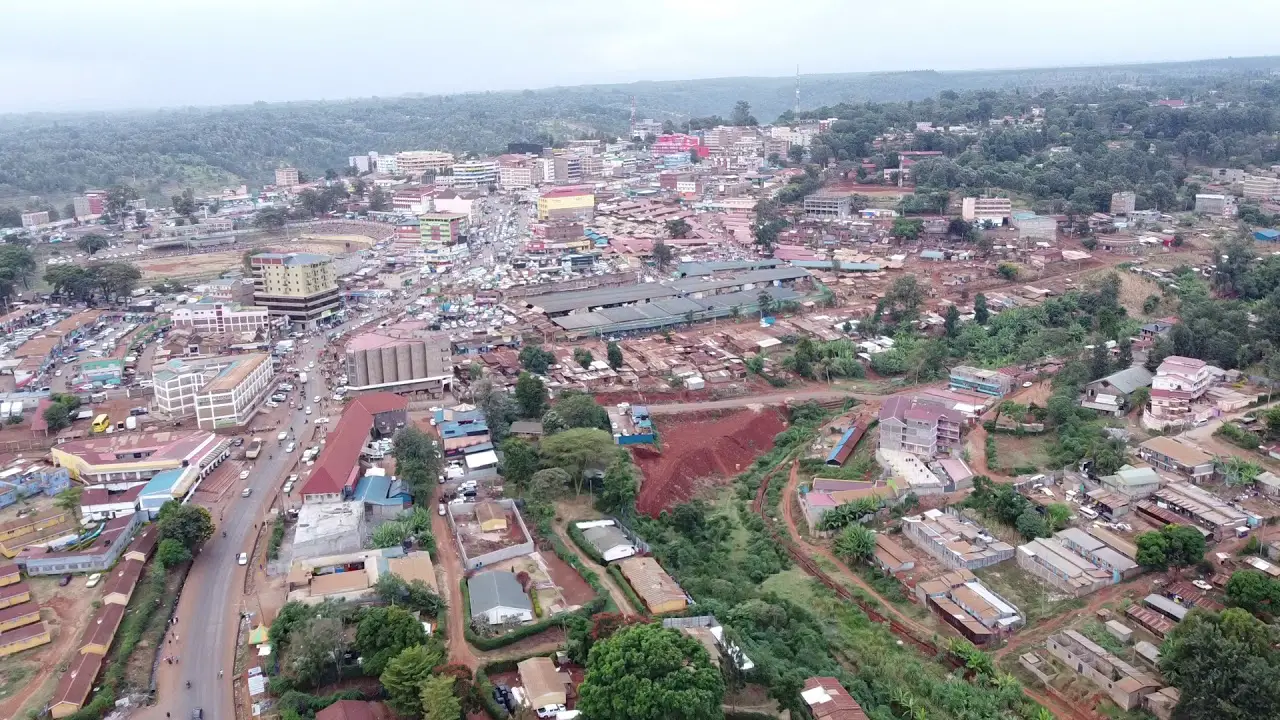
Social and Cultural Life
Social activities
Embu Town offers a vibrant social scene that caters to the diverse interests of its residents. The town has recreational clubs, sports teams, and social organizations that foster a sense of community and provide opportunities for social interaction. Additionally, there are community centers and meeting spaces where residents can gather for discussions, cultural exchanges, and social activities.
Cultural festivals
Cultural festivals play a vital role in the social and cultural life of Embu Town. The town hosts a wide array of festivals that celebrate the rich heritage of the community. These festivals feature traditional dances, music, and cuisines, allowing residents and visitors to immerse themselves in the cultural diversity of the town.
Traditional practices
Embu Town takes pride in preserving its traditional practices and customs. These practices are deeply rooted in the daily lives of the residents, shaping their identity and promoting cultural cohesion. Traditional ceremonies, such as initiation rites and religious ceremonies, are still practiced, providing a glimpse into the rich cultural heritage of the Embu people.
Education and Research
Schools and universities
Embu Town is home to a variety of educational institutions, ranging from primary schools to universities. The town has a significant number of primary and secondary schools that offer quality education to the younger population. For higher education, there are universities and colleges that provide academic programs across various disciplines, giving students opportunities to pursue higher learning.
Research centers
Embu Town is also a hub for research and innovation. The town hosts research centers that focus on various fields, such as agriculture, environmental studies, and healthcare. These research centers contribute to the advancement of knowledge, promote sustainable practices, and drive technological innovation within the community.
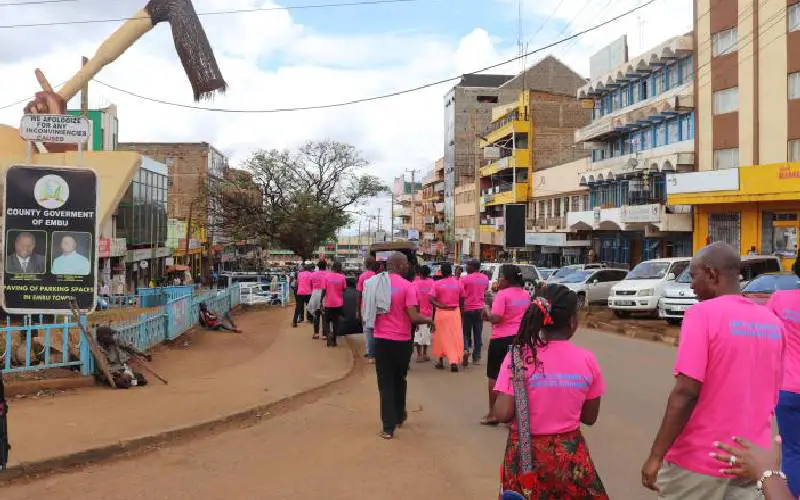
Sports and Recreation
Sports facilities
Sports play a significant role in the social fabric of Embu Town, and the town boasts well-equipped sports facilities. There are stadiums, sports fields, and gyms that support various sporting activities, including football, athletics, rugby, and basketball. These facilities provide platforms for individuals to showcase their talents, foster teamwork, and promote a healthy lifestyle.
Recreational activities
In addition to organized sports, Embu Town offers a wide range of recreational activities for individuals and families. The town has parks, botanical gardens, and nature trails where residents can enjoy outdoor activities, such as picnics, jogging, and birdwatching. Various social clubs and recreational centers also provide opportunities for leisure activities and socialization.
Challenges and Future Development
Infrastructure improvement
Continued infrastructure improvement is crucial for the sustainable development of Embu Town. Efforts should be made to upgrade the road network, expand public transportation services, and enhance water and sanitation systems. Additionally, investments in energy infrastructure and digital connectivity will contribute to economic growth and improve the overall quality of life for the residents.
Job creation
Despite the town’s economic activities, job creation remains a significant challenge in Embu Town. There is a need to attract more industries and investors, particularly in sectors beyond agriculture and manufacturing. The local government should focus on creating an enabling business environment, providing support to entrepreneurs, and promoting skills development to stimulate job opportunities and reduce unemployment rates.
Preservation of cultural heritage
As Embu Town continues to evolve and develop, it is crucial to preserve its rich cultural heritage. Efforts should be made to document and safeguard traditional practices, promote cultural exchange, and support local artisans and craftsmen. By investing in cultural preservation and promoting tourism, Embu Town can maintain its unique identity while reaping the economic benefits associated with cultural heritage tourism.
In conclusion, Embu Town is a vibrant and culturally rich community located in the heart of Kenya. Its strategic location, friendly population, and diverse economic activities make it an ideal place to live, work, and visit. With ongoing infrastructure improvements, a focus on job creation, and a commitment to preserving its cultural heritage, Embu Town is poised for a bright and prosperous future.

